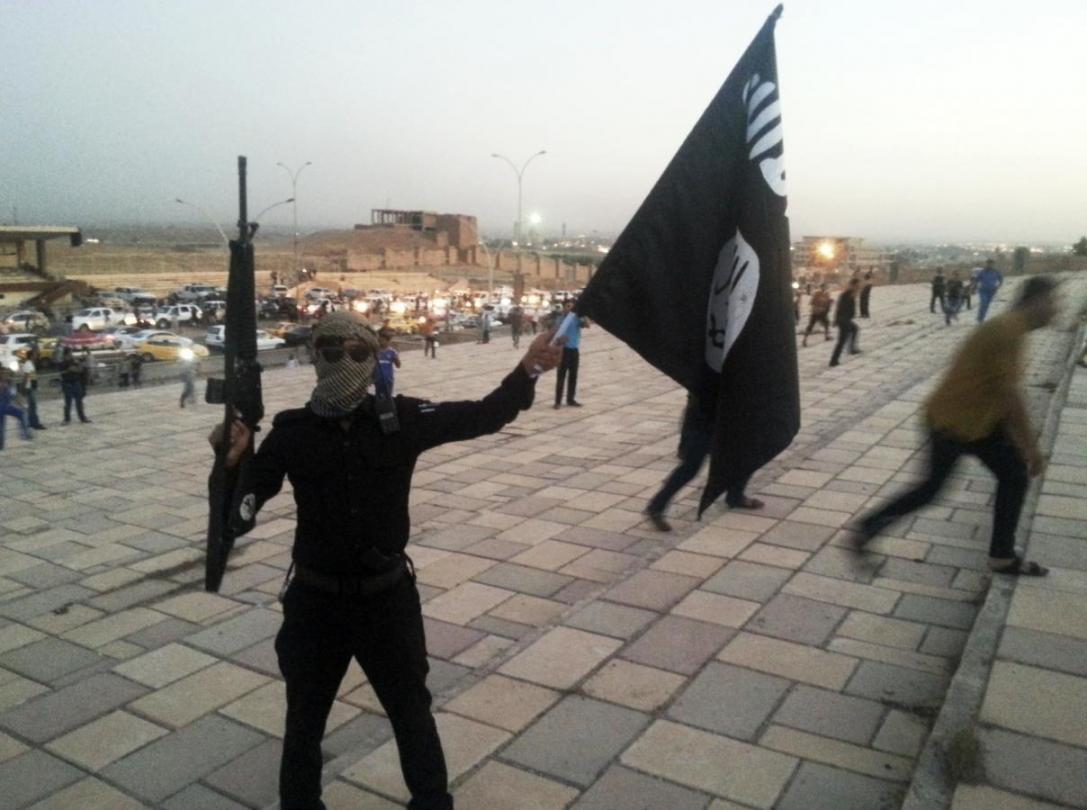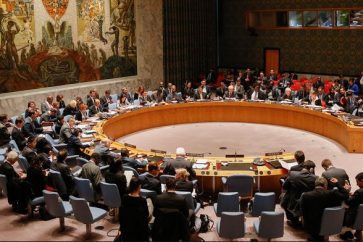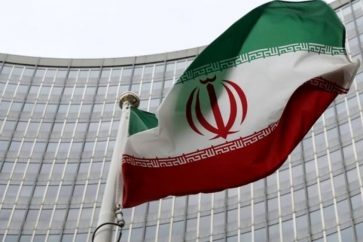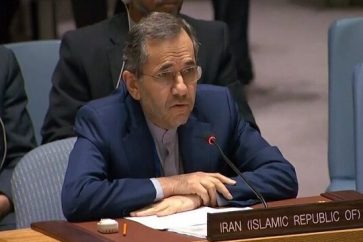Up to 500,000 civilians in Mosul face a “catastrophic” drinking water shortage as Iraqi forces advance on the so-called ‘Islamic State of Iraq and the Levant’ (ISIL) terrorist group in the city, the United Nations warned on Wednesday.
“Nearly half a million civilians, already struggling to feed themselves day to day, are now without access to clean drinking water. The impact on children, women and families will be catastrophic,” said Lise Grande, UN humanitarian coordinator in Iraq.
Operations to retake Iraq’s second city have damaged water pipes in recent days and residents in east Mosul say they have resorted to pumping water from wells.
“The situation in eastern Mosul city close to the front lines remains fraught with danger for civilians. Mortar and gunfire continue to claim lives,” the UN humanitarian coordinator’s office said. “The limited supplies of food and water are running out, amid concerning reports of food insecurity emerging from the city.”
Water was cut to 650,000 people – or 40 percent of total residents in the city when a pipeline was hit during fighting – a local official said on Tuesday.
With winter setting in, aid workers say a full siege is developing around the city and poor families are struggling to feed themselves as prices rose sharply.
The longer the conflict drags on, the more civilians will suffer as they are also exposed to violence from the militants bent on crushing any opposition to their rule.
Deputy UN High Commissioner for Human Rights Kate Gilmore said on Wednesday there were reports that ISIL, which has killed residents it suspects of collaborating with the Iraqi army, shot dead 27 civilians in public in Mosul’s Muhandiseen Park last week.
Three weeks ago at least 20 people were killed and their bodies displayed, as if crucified, at road junctions in the city for passing information to “the enemy”.
Iraqi commanders said around 40 percent of the eastern half of Mosul has been retaken from the terrorist group since a huge offensive began on October 17.
The forces have told civilians to stay at home in order to avoid massive displacement from the city, which was believed to have a population of a million-plus before the operation started.
Source: Agencies




